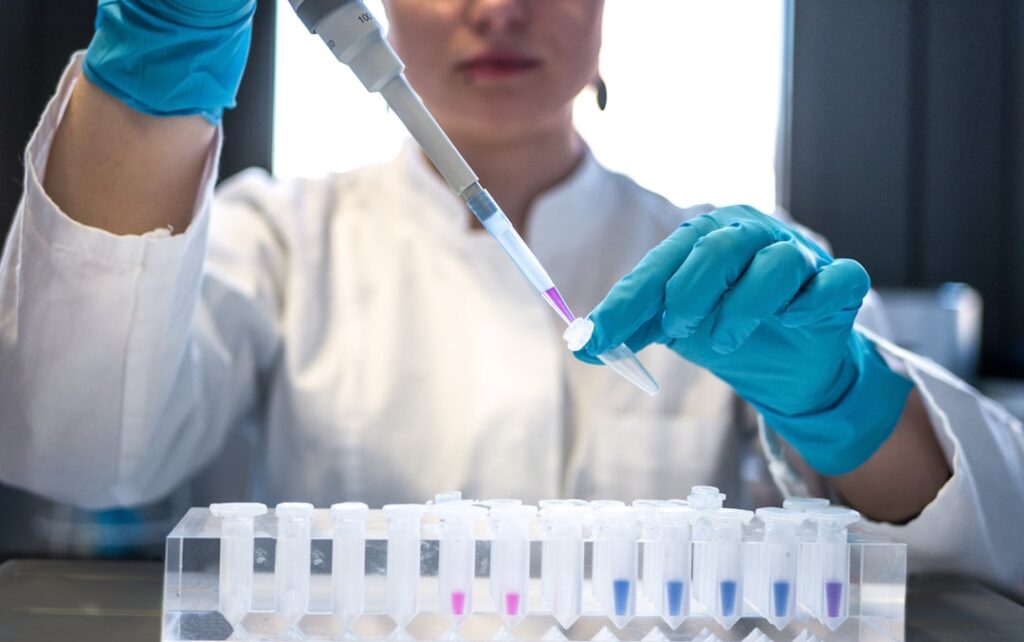Precision and reliability are essential in the healthcare sector, where the accuracy of medical equipment can directly impact patient outcomes. Calibration services play a vital role in maintaining this accuracy, ensuring that devices perform as intended and meet industry standards. Routine calibration helps to identify potential issues before they become critical, supporting better clinical decisions and enhancing patient safety.
Healthcare facilities rely on a wide range of diagnostic and therapeutic equipment, from infusion pumps to imaging devices. Over time, these instruments can drift from their original specifications due to regular use or environmental factors. Without proper calibration, even minor deviations can lead to incorrect readings, potentially resulting in misdiagnosis or ineffective treatment. To avoid these risks, hospitals and clinics invest in medical equipment calibration services conducted by trained professionals using traceable standards.
Regulatory compliance is another key driver for regular calibration. Health authorities and accreditation bodies often mandate strict maintenance protocols, including documented calibration records. Failure to comply can result in penalties or loss of accreditation, which can severely affect a facility’s reputation and operations. Moreover, accurate equipment enhances workflow efficiency, reducing downtime and minimising the need for costly repairs or replacements.
Incorporating calibration into a broader asset management strategy also contributes to long-term cost savings. By identifying equipment that is aging or underperforming, healthcare providers can make informed decisions about upgrades or replacements. This proactive approach not only ensures optimal performance but also supports budgeting and planning efforts across the organisation.
Choosing the right partner for calibration services is crucial. Providers should offer on-site and depot services, flexible scheduling, and detailed reporting. Equally important is their ability to calibrate a wide range of devices and adhere to international standards. A reputable provider will also assist with inventory tracking and compliance documentation, streamlining the overall maintenance process.
To explore comprehensive solutions for clinical engineering and equipment servicing, healthcare professionals can visit this expert resource on healthcare technology management. Staying current with calibration requirements and leveraging expert support helps healthcare institutions maintain a high standard of care while navigating complex regulatory landscapes.
Ultimately, consistent and accurate calibration of medical equipment is not merely a technical necessity but a critical component of patient care. It supports clinical accuracy, ensures compliance, and safeguards the trust between patients and healthcare providers.






